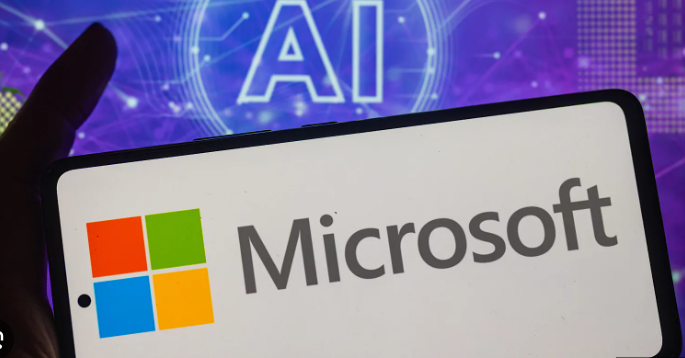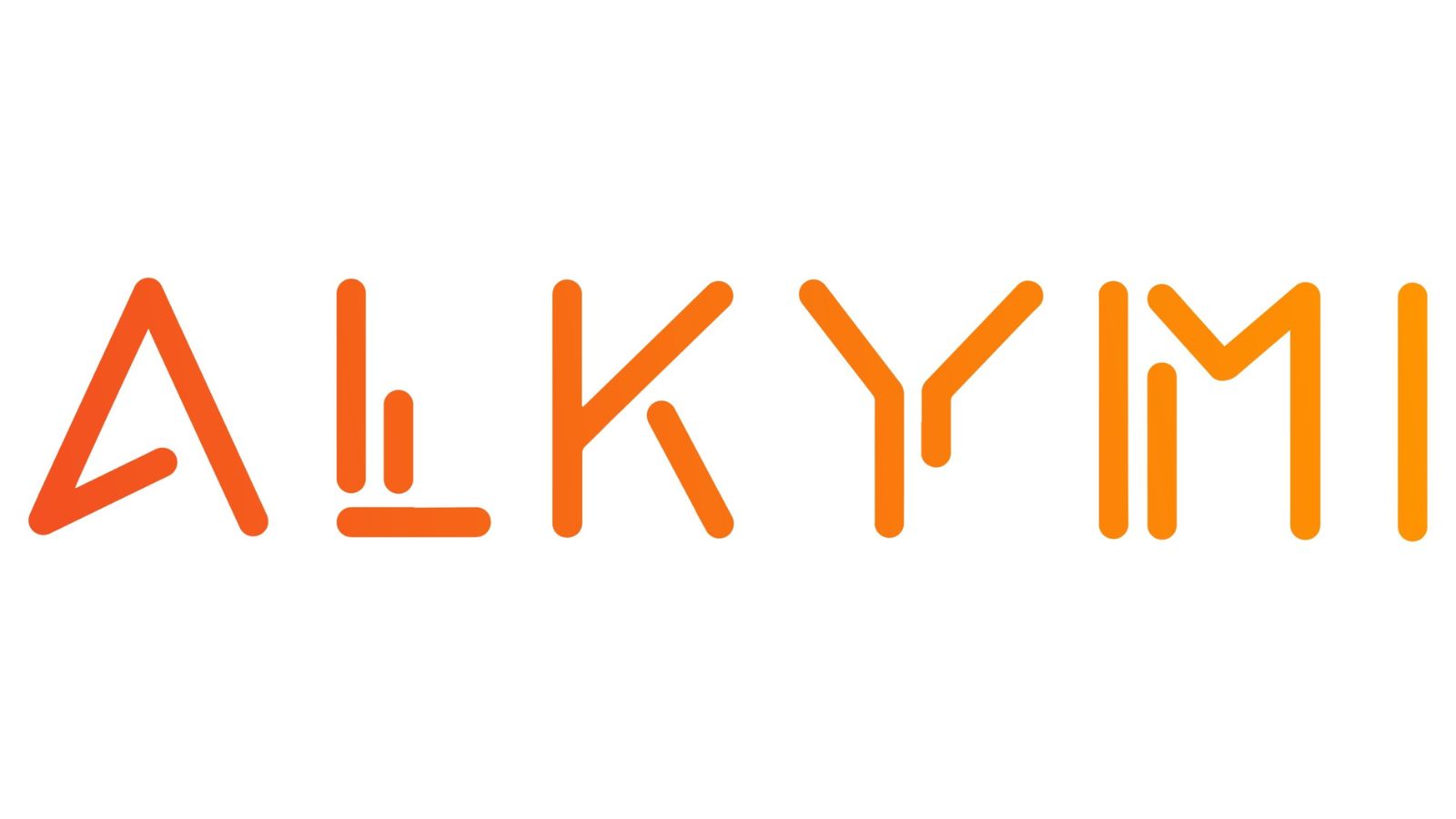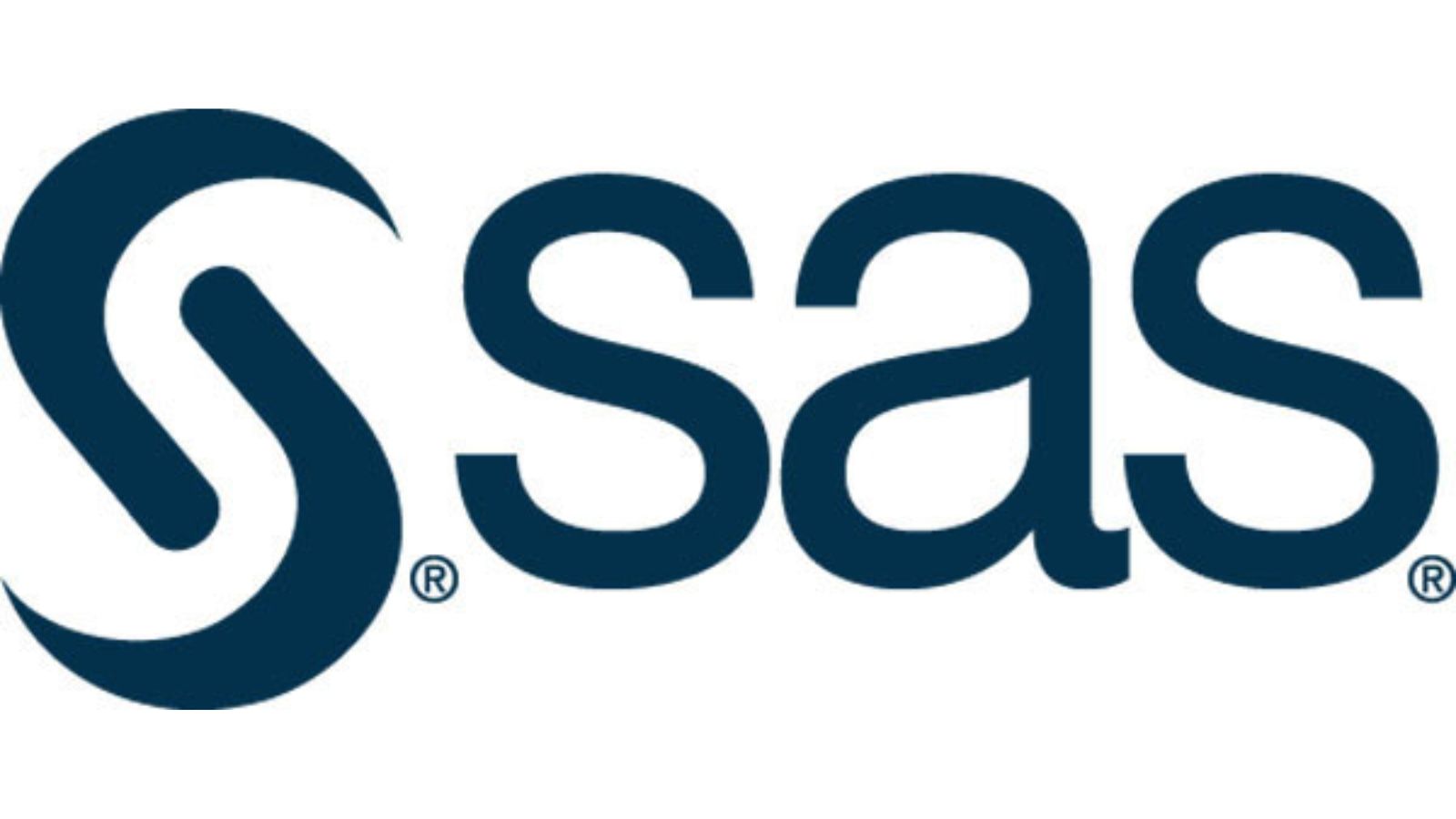In response to the escalating cybersecurity threats and the evolving landscape of digital security, Microsoft is set to introduce generative AI security software, as reported in a recent article from Yahoo Finance. This strategic initiative underscores Microsoft’s commitment to innovation and its proactive approach to addressing emerging challenges in the cybersecurity domain.
The article sheds light on Microsoft’s decision to harness the power of generative AI, a cutting-edge technology that holds immense promise in enhancing security measures and safeguarding digital assets. By leveraging generative AI algorithms, Microsoft aims to create intelligent security solutions capable of proactively identifying and mitigating cyber threats before they escalate into full-blown attacks.
Generative AI represents a paradigm shift in cybersecurity, enabling the creation of dynamic defense mechanisms that continuously adapt and evolve in response to emerging threats. Unlike traditional security approaches that rely on static rule-based systems, generative AI software can analyze vast amounts of data, detect patterns, and anticipate potential vulnerabilities with unprecedented accuracy.
Microsoft’s foray into generative AI security software comes at a critical juncture, with cyberattacks on the rise and threat actors becoming increasingly sophisticated in their tactics. As organizations grapple with the challenges of securing their digital infrastructure, there is a growing demand for innovative solutions that can keep pace with the evolving threat landscape.
Moreover, the article highlights the competitive dynamics within the cybersecurity industry, with Microsoft facing stiff competition from established players and nimble startups alike. In a market characterized by rapid technological advancements and fierce competition, differentiation through innovation is key to maintaining a competitive edge and capturing market share.
By investing in generative AI security software, Microsoft aims to not only enhance its existing security offerings but also position itself as a leader in the next generation of cybersecurity solutions. With its vast resources, technical expertise, and global reach, Microsoft is well-positioned to drive innovation and shape the future of digital security.
However, while the potential benefits of generative AI security software are undeniable, the article also underscores the need for careful consideration of ethical and regulatory implications. As AI technologies become increasingly integrated into critical infrastructure and decision-making processes, concerns about privacy, bias, and accountability must be addressed to ensure responsible deployment and usage.
In conclusion, Microsoft’s decision to launch generative AI security software represents a significant milestone in the ongoing battle against cyber threats. By harnessing the power of AI-driven intelligence and innovation, Microsoft aims to empower organizations to stay ahead of emerging threats and protect their digital assets effectively.
As the cybersecurity landscape continues to evolve, the success of Microsoft’s generative AI security software will depend not only on its technical capabilities but also on its ability to address ethical, regulatory, and societal considerations. Ultimately, by fostering collaboration and responsible innovation, Microsoft and other industry players can work together to create a safer and more secure digital future.









Leave a Reply